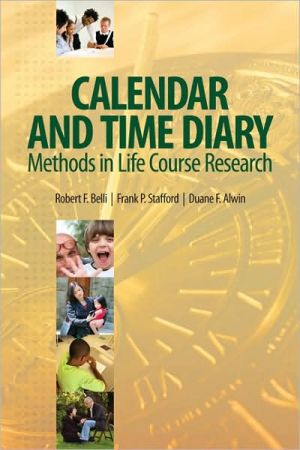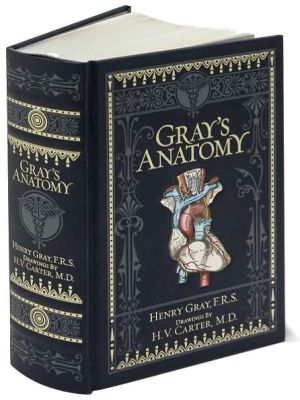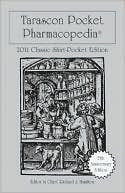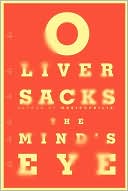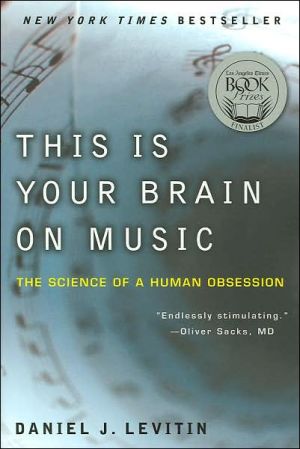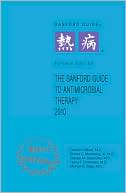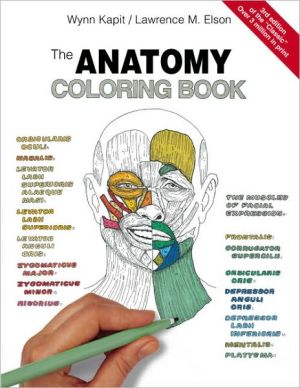Calendar and Time Diary Methods in Life Course Research
Calendar and Diary Methods in Life Methods Research is the first book to provide a road map to using both calendar and diary methods in research. An ideal tool for examining issues related to these up-and-coming approaches to data collection, the book is also a helpful resource for readers who interpret literature based on calendar and diary research.\ Introductory chapters cement the placement of calendar and time diary methods within life course research, expanding the book’s orientation...
Search in google:
Calendar and Diary Methods in Life Methods Research is the first book to provide a road map to using both calendar and diary methods in research. An ideal tool for examining issues related to these up-and-coming approaches to data collection, the book is also a helpful resource for readers who interpret literature based on calendar and diary research. Introductory chapters cement the placement of calendar and time diary methods within life course research, expanding the book's orientation beyond a description of methods into an understanding of the value of these methods. Chapters from well-known contributors from an array of disciplines include examples of ways these methods can be used in the social, health, and behavioral sciences, assess their use in both quantitative and qualitative methods, and deal with measuring and assessing data quality. A final chapter reviews key themes and discusses future directions for research. Key FeaturesDemonstrates the common problems, solutions, and strategies that have been faced by researchers who collect data via calendar and time diary methods through a range of examples from internationally known contributorsIncludes qualitative and quantitative approaches, and, when possible, discusses how the various paradigms may complement each other Offers examples of using the methods in face-to-face and telephone interviewing, in self-administered data collection, and with instruments designed in paper and pencil and computerized formatsProvides a brief introductory section for each part of the book that orients readers to the importance of the upcoming chaptersConcludes each part with "For Further Thought" essays that provide practical advice on how to develop and implement calendar and time diary instruments and encourage readers to explore critical issues concerning the applications of these methodsCalendar and Diary Methods in Life Events Research is appropriate for courses such as Survey Research and Methodology, Data Analysis, Quantitative Methods, and Qualitative Methods in departments of sociology, psychology, nursing, communication, education, and economics.
1. The Application of Calendar and Time Diary Methods in the Collection of Life Course Data - Robert F. Belli, Duane F. Alwin, and Frank P. StaffordPART I. FOUNDATIONS2. Timeline Data Collection and Analysis: Time Diary and Event History Calendar Methods - Frank P. Stafford3. The Emergence of Calendar Interviewing: A Theoretical and Empirical Rationale - Robert F. Belli and Mario CallegaroPART II. VARIATIONS IN THE COLLECTION AND APPLICATION OF CALENDAR, DIARY, AND TIME-USE DATA4. The Timeline Followback: A Scientifically and Clinically Useful Tool for Assessing Substance Use - Sangeeta Agrawal, Mark B. Sobell, and Linda Carter Sobell5. Adolescent Health Research and Clinical Assessment Using Self-Administered Event History Calendars - Kristy K. Martyn6. Assessment of Stressor Exposure Using Telephone Diaries: The Daily Inventory of Stressful Events - Elaine Wethington and David M. Almeida7. Twenty-Four Hours: An Overview of the Recall Diary Method and Data Quality in the American Time Use Survey - Polly A. Phipps and Margaret K. VernonPART III. DATA QUALITY ASSESSMENTS OF CALENDAR AND DIARY INSTRUMENTS8. Application of the Life History Calendar Approach: Understanding Women's Experiences of Intimate Partner Violence Over the Life Course - Mieko Yoshihama9. Global and Episodic Reports of Hedonic Experience - Norbert Schwarz, Daniel Kahneman, & Jing Xu10. Using Time Diaries to Study Instruction in Schools - Brian Rowan, Eric Camburn, and Richard Correnti11. Reports of Life Events by Individuals at High Risk for Violence - Jennifer Roberts and Edward P. Mulvey12. Time Use in the OlderPopulation: Variation by Socioeconomic Status and Health - Michael Hurd and Susann Rohwedder13. The Implementation of a Computerized Event History Calendar Questionnaire for Research in Life Course Epidemiology - Robert F. Belli, Sherman A. James, John Van Hoewyk, and Kirsten H. AlcserPART IV. METHODOLOGICAL ISSUES IN THE RELIABILITY, VALIDITY, AND COLLECTION OF TIME-BASED DATA14. Protocol Compliance in Real-time Data Collection Studies: Findings and Implications - Arthur A. Stone and Joan E. Broderick15. An Evaluation Study of the Event History Calendar - Wil Dijkstra, Johannes H. Smit, and Yfke P. Ongena16. Assessing the Validity and Reliability of Timeline and Event History Data - Duane F. AlwinPART V. LOOKING AHEAD17. Future Directions in Calendar and Time Diary Methods - Frank P. Stafford and Robert F. Belli
